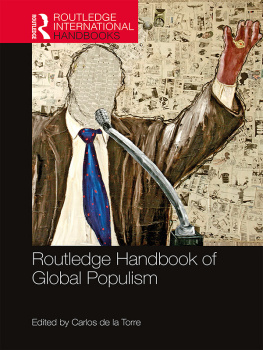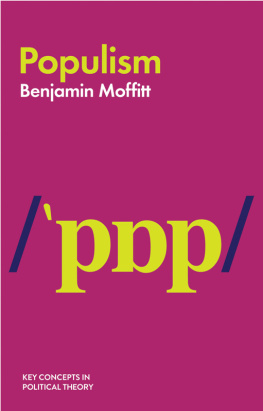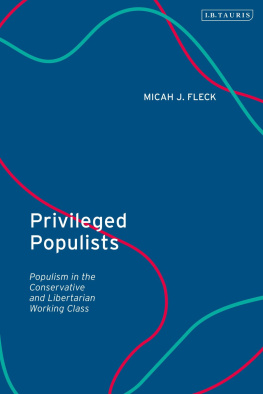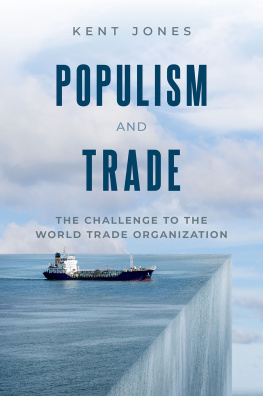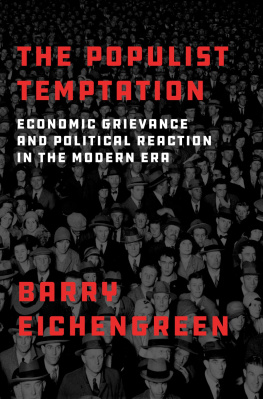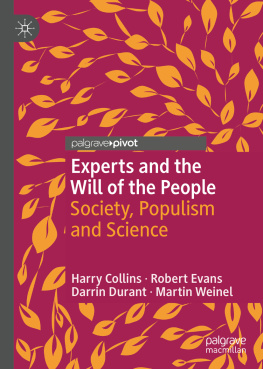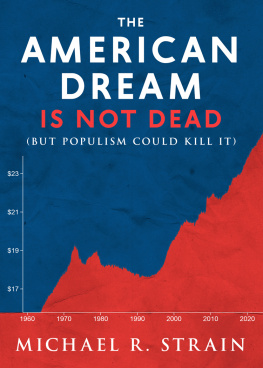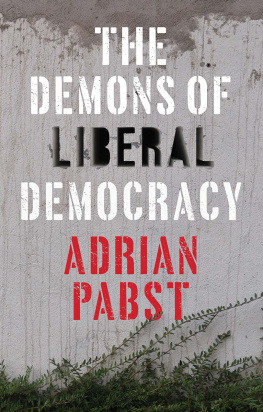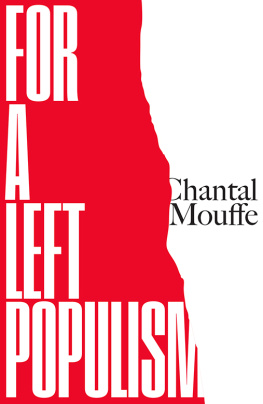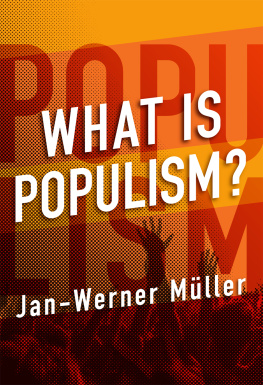Routledge Handbook of Global Populism
This volume illustrates the diversity of populism globally. When seeking power, populists politicize issues, and point to problems that need to be addressed such as inequalities, the loss of national sovereignty to globalization, or the rule of unresponsive political elites. Yet their solutions tend to be problematic, simplistic, and in most instances, instead of leading to better forms of democracy, their outcomes are authoritarian. Populists use a playbook of concentrating power in the hands of the president, using the legal system instrumentally to punish critics, and attacking the media and civil society. Despite promising to empower the people, populists lead to processes of democratic erosion and even transform malfunctioning democracies into hybrid regimes.
The Routledge Handbook of Global Populism provides instructors, students, and researchers with a thorough and systematic overview of the history and development of populism and analyzes the main debates. It is divided into sections on the theories of populism, on political and social theory and populism, on how populists politicize inequalities and differences, on the media and populism, on its ambiguous relationships with democratization and authoritarianism, and on the distinct regional manifestations of populism. Leading international academics from history, political science, media studies, and sociology map innovative ideas and areas of theoretical and empirical research to understand the phenomenon of global populism.
Carlos de la Torre is Professor of Sociology at the University of Kentucky and Emeritus Professor at FLACSO-Ecuador. He has been a fellow at the Simon Guggenheim Foundation and the Woodrow Wilson Center for Scholars. He is the author of 13 books and over 100 articles and book chapters.
First published 2019
by Routledge
2 Park Square, Milton Park, Abingdon, Oxon OX14 4RN
and by Routledge
711 Third Avenue, New York, NY 10017
Routledge is an imprint of the Taylor & Francis Group, an informa business
2019 selection and editorial matter, Carlos de la Torre; individual chapters, the contributors
The right of Carlos de la Torre to be identified as the author of the editorial material, and of the authors for their individual chapters, has been asserted in accordance with sections 77 and 78 of the Copyright, Designs and Patents Act 1988.
All rights reserved. No part of this book may be reprinted or reproduced or utilised in any form or by any electronic, mechanical, or other means, now known or hereafter invented, including photocopying and recording, or in any information storage or retrieval system, without permission in writing from the publishers.
Trademark notice: Product or corporate names may be trademarks or registered trademarks, and are used only for identification and explanation without intent to infringe.
British Library Cataloguing-in-Publication Data
A catalogue record for this book is available from the British Library
ISBN: 978-0-415-78702-4 (hbk)
ISBN: 978-1-315-22644-6 (ebk)
Manuel Anselmi is Assistant Professor of Political Sociology at the University of Perugia. He is the coordinator of Latin American studies at the International Center of Democracy and Democratization at Luiss University. He is the author of Chavezs Children: Ideology, Education, and Society in Latin America, Lexington Books, 2015; Populism: An Introduction, Routledge, 2018; and with Paul Blokker, The Populist Challenge, Feltrinelli, 2018. He has been Visiting Professor at the University of Kentucky, Flacso Ecuador, and Universidad de Salamanca, and Visiting Scholar at The London School of Economics and Loyola University in New Orleans.
Andrew Arato is Dorothy Hart Hirshon Professor in Political and Social Theory in the Sociology Department at the New School for Social Research. He has taught at Lcole des hautes tudes and Sciences Po in Paris, as well as at the Central European University in Budapest. Professor Arato has served as a consultant for the Hungarian Parliament on constitutional issues (19961997) and as U.S. State Department Democracy Lecturer and Consultant (on Constitutional issues) on Nepal (2007). He was re-appointed by the State Department in the same capacity for Zimbabwe (November 2010), where he had discussions with civil society activists and political leaders in charge of the constitution-making process. His recent books are The Adventures of the Constituent Power: Beyond Revolutions? (Cambridge University Press, 2017) and Post Sovereign Constitution Making: Learning and Legitimacy (Oxford University Press, 2016).
Robert R. Barr is Associate Professor of Political Science and International Affairs at the University of Mary Washington, where he teaches classes on comparative and Latin American politics. His recent research has focused on the causes of populism. He is the author of The Resurgence of Populism in Latin America (Lynne Rienner, 2017) and has published articles on various topics in Party Politics, Comparative Political Studies, and the American Journal of Political Science, among other journals and edited volumes.
Paul Blokker is Associate Professor and Jean Monnet Chair at the Institute of Sociological Studies, Charles University, Prague. He is co-editor of the journal Social Imaginaries as well as of the book series (Rowman & Littlefield). His research interests include constitutional sociology, constitutional politics and change, multiple democracies, and critique and dissent. His publications include New Democracies in Crisis? A Comparative Constitutional Study of the Czech Republic, Hungary, Poland, Romania and Slovakia, Routledge (2013); EU Democratic Oversight and Domestic Deviation from the Rule of Law: Sociological Reflections, in C. Closa and D. Kochenov (eds), Reinforcing the Rule of Law Oversight in the European Union, CUP (2016); and, co-edited with Chris Thornhill, Sociological Constitutionalism, CUP (2017).
Felipe Burbano de Lara is Chair and Professor of the Department of Political Studies at Flacso Ecuador. His areas of expertise include contemporary politics in Latin America. His research has focused on populism, democratic forms of government, and more recently on state and nation building in Ecuador and Bolivia. His most recent book is La Revuelta de las Periferias: Movimientos regionales y autonomas polticas en Bolivia y Ecuador, and his edited volume Ecuador en la segunda mitad del siglo XX. He has a Ph.D. in Procesos Polticos Contemporneos from the University of Salamanca. He has been a political commentator for several newspapers in Ecuador.
Nic Cheeseman is Professor of Democracy at the University of Birmingham and was formerly the Director of the African Studies Centre at Oxford University. He is the recipient of the GIGA award for the best article in Comparative Area Studies (2013) and the Frank Cass Award for the best article in Democratization (2015). He is also the author of Democracy in Africa: Successes, Failures and the Struggle for Political Reform (Cambridge University Press, 2015), the founding editor of the Oxford Encyclopedia of African Politics, a former editor of the journal African Affairs, and an advisor to, and writer for, Kofi Annans African Progress Panel. His analysis has appeared in the Economist, Le Monde, Financial Times

